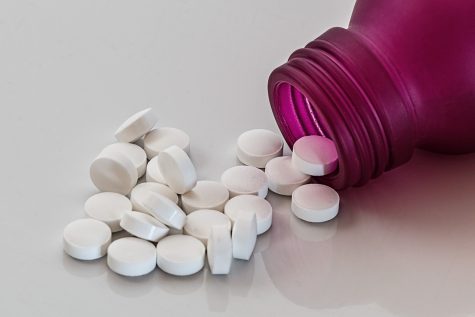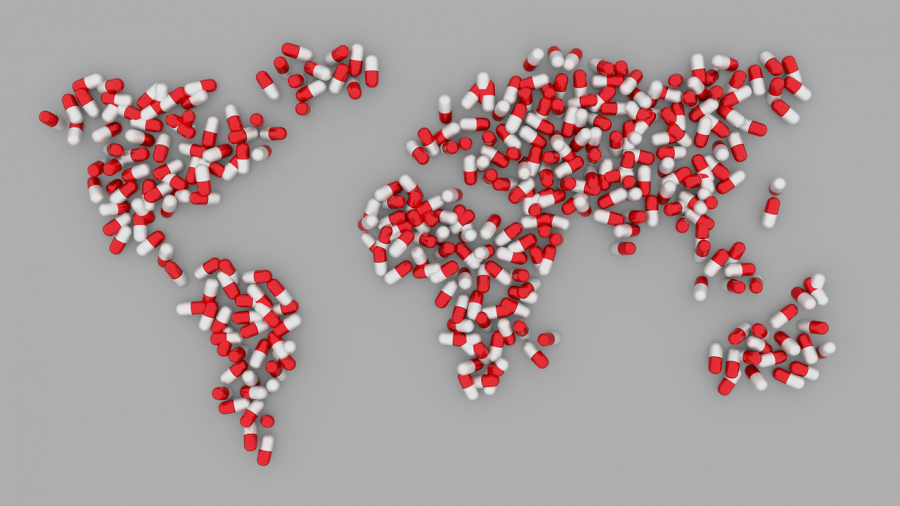The Pill That Kills
The pill problem across the US has reached epidemic proportions.
On October 24, Donald Trump signed a sweeping legislation into law that includes provisions aimed at promoting research to find new drugs for pain management that will not be addictive. It also expands access to treatment for substance use disorders for Medicaid patients.
Over two million Americans have become dependent on or abused prescribed pain-pills, making it clear that the opioid epidemic is far from being over. During 2017, there were more than 72,000 overdose deaths in the United States, including 49,068 that involved an opioid. More than 130 people died every day from opioid-related drug overdoses between 2016 and 2017, according to the US Department of Health & Human Services.
Opioids first became relevant in 1995, when manufacturer Purdue Pharma released the pain-killer Oxycontin and marketed it as a “safe pill.” Since then, addiction and death rates have soared, because not only are these pills deathly, but they are a gateway drug, which means users are more likely to move on to heroin because it is cheaper than prescription pain pills.
“The government has not done a good job on trying to fix the epidemic. It’s a hard situation, but they should regulate how opioids are distributed to patients,” said senior Logan Kania.
Physicians prescribe opioids for pain, and after surgery without knowing if the patient has an addiction problem, or the person actually needs it. Not only is the government part of the problem, but doctors are the fuel to this issue. The CDC created guidelines that suggest limiting initial opioid prescriptions to three days, stating, “more than seven days will rarely be needed.” This is only a suggestion, and physicians have the ability to prescribe opioids for more than seven days.

Addiction to pills starts with the prescription of these dangerous drugs.
“We should find better alternatives, and now that marijuana is legalized it may help take the pressure of opioids away,” said senior Kaitlyn Petrosky.
Research has proven marijuana is a depressant that soothes anxiety and pain. Unlike opioids, which are addictive and a gateway drug. As marijuana is being slowly legalized, it may be an alternative option to lessen pain and could help decrease opioid use.
Although the opioid epidemic is far from over, the small change that Trump is making could potentially help people from falling to victim to the addiction of pills.







